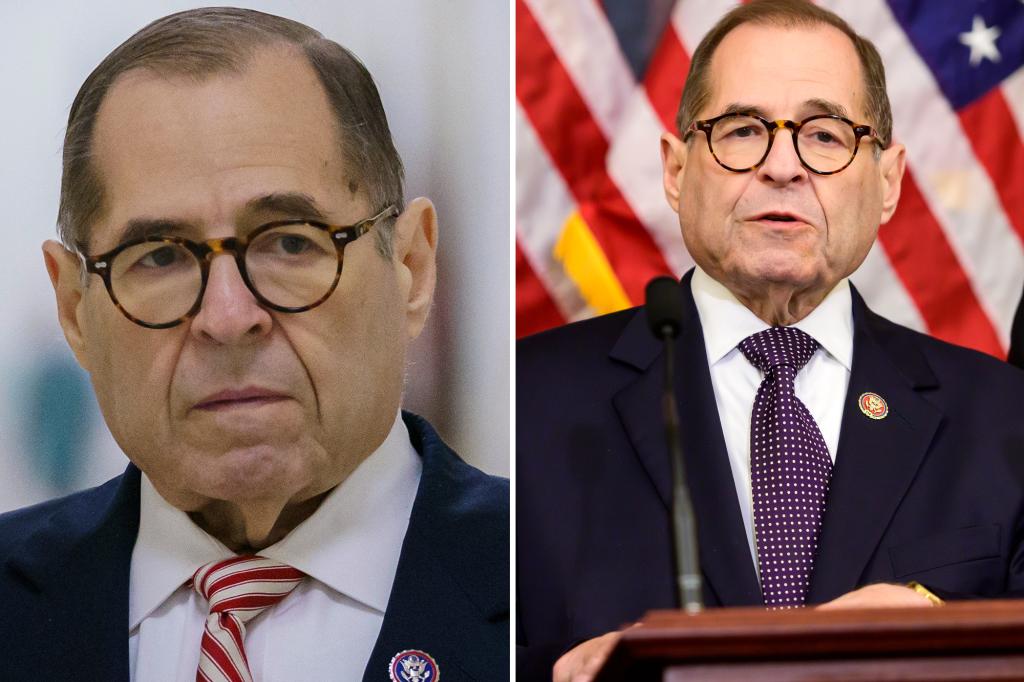Nadler Announces Retirement: A Political Era Comes to a Close
After more than three decades representing Manhattan in Congress, Representative Jerry Nadler has announced he will not seek re-election in 2024. At 78 years old, the veteran Democratic lawmaker cited a desire for “generational change” within the party as a primary motivation for his decision. His announcement marks the end of an era in New York politics and opens the door for new leadership in one of the nation’s most prominent congressional districts.
In a candid interview with the New York Times, Nadler revealed that witnessing President Biden’s political trajectory played a significant role in his decision-making process. “Watching the Biden thing really said something about the necessity for generational change in the party,” Nadler explained, “and I think I want to respect that.” His remarks reflect a growing conversation within Democratic circles about leadership transitions and creating space for younger voices to emerge. The congressman added that a younger replacement “can maybe do better, can maybe help us more,” showing his commitment to the party’s long-term vitality over personal political ambition.
Nadler’s retirement announcement sends ripples through both New York and Washington political landscapes. Over his 34 years in Congress, he has become a towering figure in progressive politics and a stalwart defender of Manhattan’s interests. His leadership on the House Judiciary Committee put him at the center of some of the most consequential political moments in recent American history, including impeachment proceedings and major legislative battles. As one Democratic Party insider told The Post, “It’s a big deal. Nadler is a legend. He’s an institution in both Manhattan and Washington.” The weight of his departure cannot be overstated, as he leaves behind a legacy of principled progressive advocacy and skilled legislative maneuvering.
The vacancy created by Nadler’s impending departure is expected to trigger significant interest from potential successors eager to represent one of America’s most politically engaged districts. “His retirement represents a generational opening. I could see at least a half dozen people running for that seat in a Democratic primary,” the same insider predicted. The district, which encompasses parts of Manhattan’s Upper West Side, Greenwich Village, and other iconic neighborhoods, has historically been a progressive stronghold and a launching pad for influential political careers. Whoever emerges victorious in the race to succeed Nadler will inherit not just a congressional seat but the mantle of representing one of the most politically active and engaged constituencies in the nation.
Nadler’s announcement adds to a growing list of veteran Democratic lawmakers who have chosen to step aside in recent years, contributing to a gradual but significant reshaping of the party’s congressional leadership. This transition comes at a critical juncture for Democrats, who are navigating internal debates about policy priorities and political strategy while simultaneously working to maintain unity against Republican opposition. The congressman’s decision to retire rather than seek another term reflects a conscious choice to participate in this transition rather than resist it. By acknowledging the value of “generational change,” Nadler is modeling a type of political grace that prioritizes institutional health over personal position.
As this story continues to develop, attention will increasingly turn to the upcoming primary election and the candidates who step forward to vie for Nadler’s seat. The race will likely become a prominent showcase for competing visions within the Democratic Party and a test case for how progressive values translate to electoral politics in a post-Nadler era. While the congressman will continue to serve through the end of his current term, the announcement of his retirement invites reflection on his considerable accomplishments and the evolving nature of American political leadership. After more than three decades of public service, Jerry Nadler has chosen to close this chapter of his career by embracing the very change he has helped to shape throughout his time in Congress.


